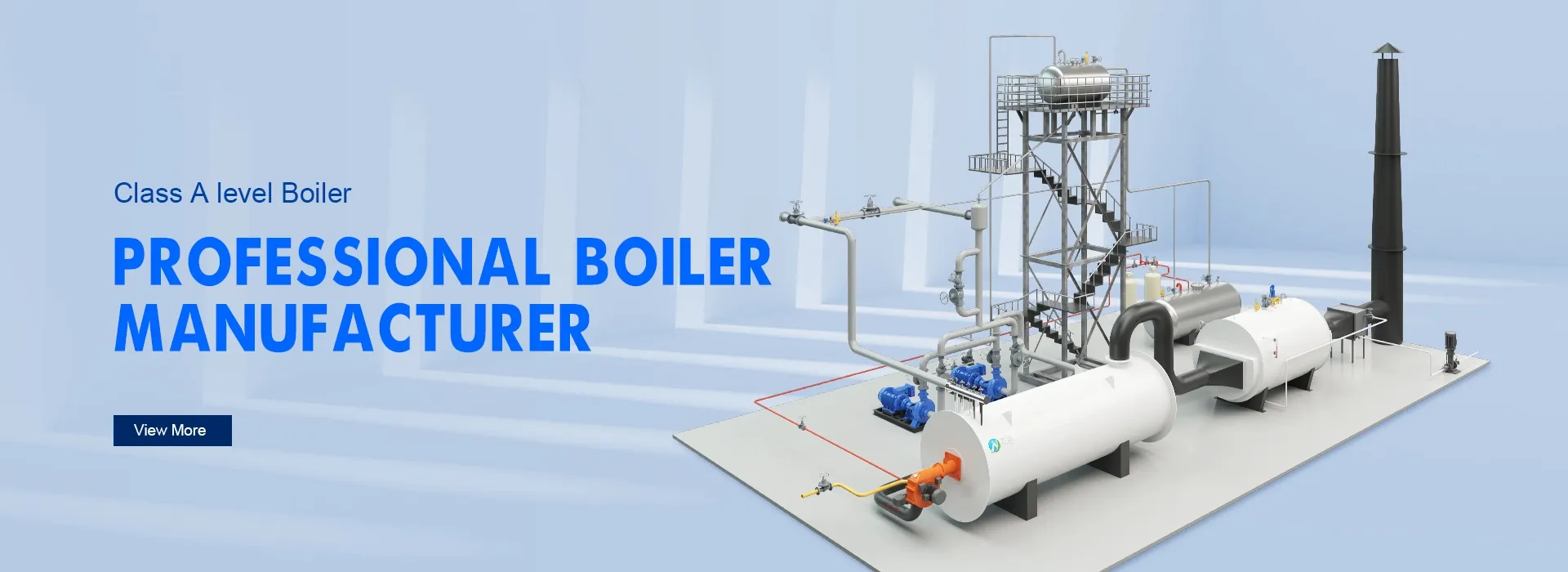oil heater
Understanding Oil Heaters A Comprehensive Overview
Oil heaters, also known as oil-filled radiators, are a popular choice for heating homes and office spaces, especially in colder climates. They provide efficient and consistent warmth by using oil as a heat reservoir. In this article, we will delve into the workings of oil heaters, their benefits, and practical considerations for their use.
How Oil Heaters Work
Oil heaters operate on a relatively simple principle. They consist of a sealed unit that contains oil, which is heated using electric heating elements. Once the oil reaches a certain temperature, it retains heat and radiates warmth into the surrounding air. This method of heating provides a steady and cozy warmth, as the oil continues to give off heat even after the unit has been turned off. Unlike traditional electric heaters that often produce immediate heat, oil heaters have a slower warming time but compensate for this with prolonged heat retention.
Benefits of Using Oil Heaters
1. Energy Efficiency One of the main advantages of oil heaters is their energy efficiency. Because the oil retains heat for a long time, these heaters require less energy to maintain a comfortable temperature, which can lead to lower electricity bills.
2. Safety Features Many modern oil heaters are equipped with safety features such as tip-over switches and overheat protection, making them a safer option compared to some traditional space heaters.
3. Quiet Operation Oil heaters operate quietly, which makes them ideal for bedrooms, offices, or any space where noise can be a distraction. They don’t produce the whirring sounds commonly associated with fan-based heaters.
4. Consistent Heat Distribution The design of oil heaters allows for a more uniform distribution of heat, reducing the chances of cold spots in a room. This can lead to a more comfortable living or working environment.
oil heater

5. Mobility Many oil heaters come with wheels, making them easy to move from room to room. This portability allows users to heat specific areas of their home or office as needed.
Considerations when Using Oil Heaters
While oil heaters offer numerous benefits, there are a few considerations to keep in mind
1. Weight and Size Some oil heaters can be heavy and bulky, which may make them less convenient to move around, especially in smaller living spaces.
2. Initial Heating Time Users must be prepared for a longer initial heating period. While oil heaters maintain heat well, they typically take longer to warm up compared to instant heat sources.
3. Maintenance Although oil heaters require minimal maintenance, it is still important to regularly check for dust accumulation and ensure that the heating elements are functioning well.
4. Heating Capacity When selecting an oil heater, it’s essential to choose one with the appropriate heating capacity for the size of the space. The effectiveness of the heater depends on the BTU (British Thermal Unit) rating, which indicates how much heat it can produce.
Conclusion
In conclusion, oil heaters are an excellent option for efficient and comfortable heating. Their ability to provide steady warmth, combined with safety features and quiet operation, makes them suitable for various environments. Whether for home use or in the office, understanding the operation and benefits of oil heaters can help individuals make informed decisions about their heating needs. As winter approaches, investing in an oil heater might just be the solution to keeping warm and cozy during the colder months.
-
Top Electric Steam Boiler Makers | AI-OptimizedNewsJul.31,2025
-
Top Electric Steam Boiler Manufacturers - High Efficiency SolutionsNewsJul.30,2025
-
Top Electric Steam Boiler Manufacturers – Efficient Industrial SolutionsNewsJul.29,2025
-
Top Electric Steam Boiler Manufacturers | Reliable Industrial SolutionsNewsJul.29,2025
-
OEM Steam Boiler Solutions for Custom Needs | High Efficiency & VersatilityNewsJul.29,2025
-
High-Efficiency Thermal Oil Boiler for Industrial Heating SolutionsNewsJul.29,2025

